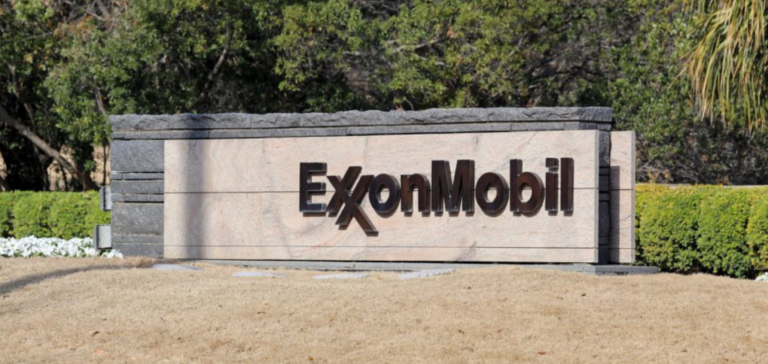Exxon Mobil, broadens its horizons with a bold initiative. By 2027, it plans to start producing lithium, an essential metal for electric car batteries and advanced electronics. This decision marks a turning point in Exxon’s strategy, in line with government programs to promote the use of electric vehicles and reduce fossil fuel consumption.
Objectives and Impacts of Exxon’s Lithium Initiative
The company plans to extract lithium from the brackish underground waters of a region of Arkansas known for its rich lithium deposits. This project aims to develop a domestic source of this precious metal. Dan Ammann, President of Exxon’s Low Carbon Business Unit, stresses the urgent need to increase domestic production of these critical materials. The long-term goal is to supply lithium for over a million electric vehicles a year, positioning Exxon as a leading supplier by 2030.
Investments and Key Technologies for Lithium Production
Analysts at financial firm TD Cowen estimate that to reach this target, Exxon will need to invest around $2 billion in capital expenditure. These investments could produce 50,000 tonnes of lithium, potentially generating $800 million in cash flow. However, Ammann did not reveal exactly how much Exxon plans to invest in the lithium business, or when it might become profitable.
Exxon plans to use traditional oil and gas drilling methods to access the lithium-rich salt water located some 3,000 meters below ground. It will then use direct lithium extraction (DLE) technology to separate lithium from salt water. Exxon’s Canadian subsidiary, Imperial Oil, has also invested in a lithium extraction pilot project in Alberta, Canada.
Exxon’s Strategic Positioning in the Electric Vehicle Market
In partnership with Tetra Technologies, Exxon plans to produce the metal on site and sell it under the Mobil Lithium brand. Earlier in the year, the company acquired the rights to 120,000 acres of the Smackover Formation in Arkansas, a potential hotbed of activity for brine lithium aspirants. Unlike BP and Shell, who have invested in electric vehicle charging stations, Exxon has chosen to focus exclusively on supplying lithium for electric vehicle batteries, electronic devices and energy storage systems.
According to Ammann, there are around 280 million vehicles in the USA today, of which less than 3 million are electric vehicles, or around 1% of the total.
“There’s still 99% to go, which suggests that this is a very, very important opportunity.”
he declared.
Exxon Mobil’s initiative to produce lithium represents a major step forward in the field of electrification.





















